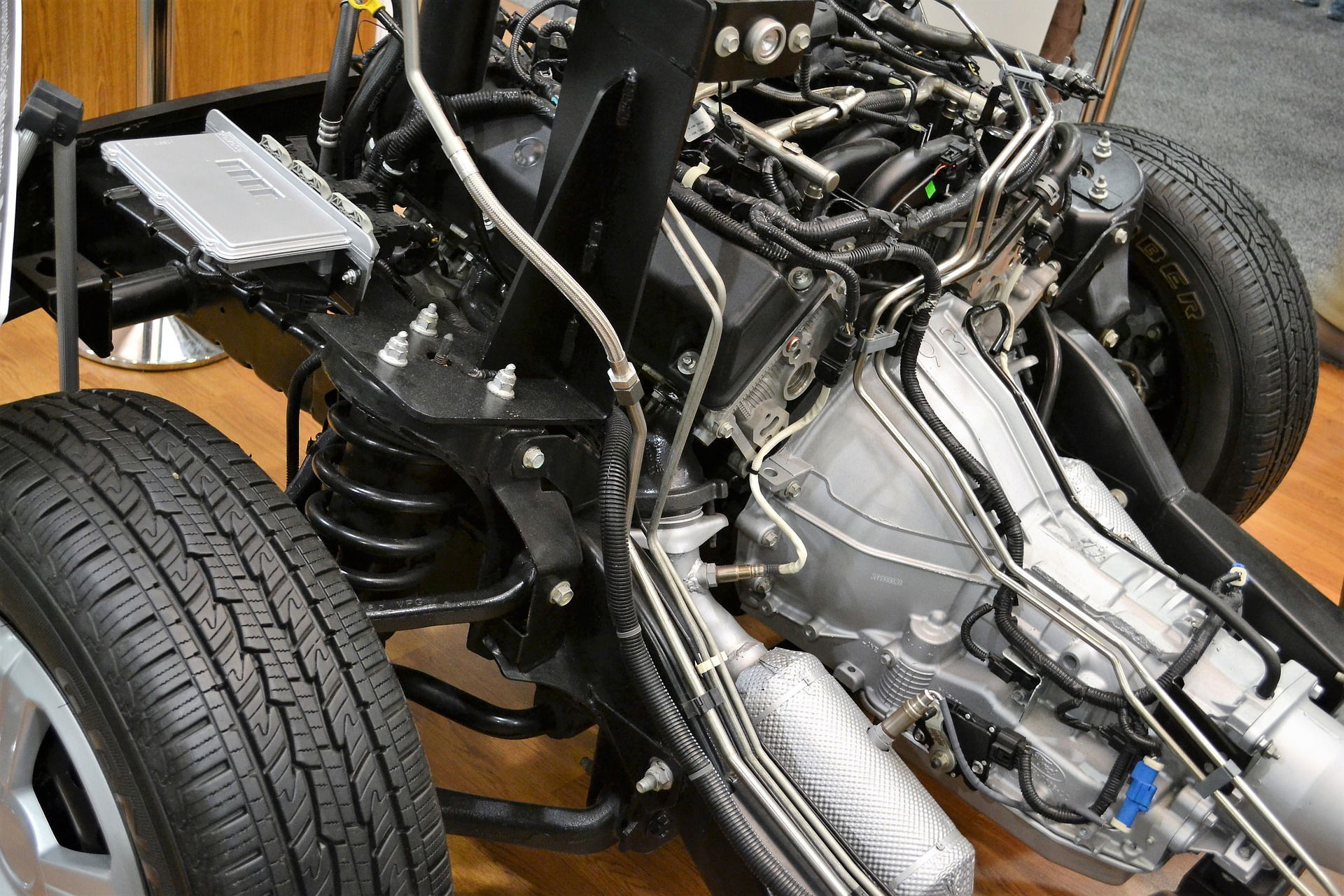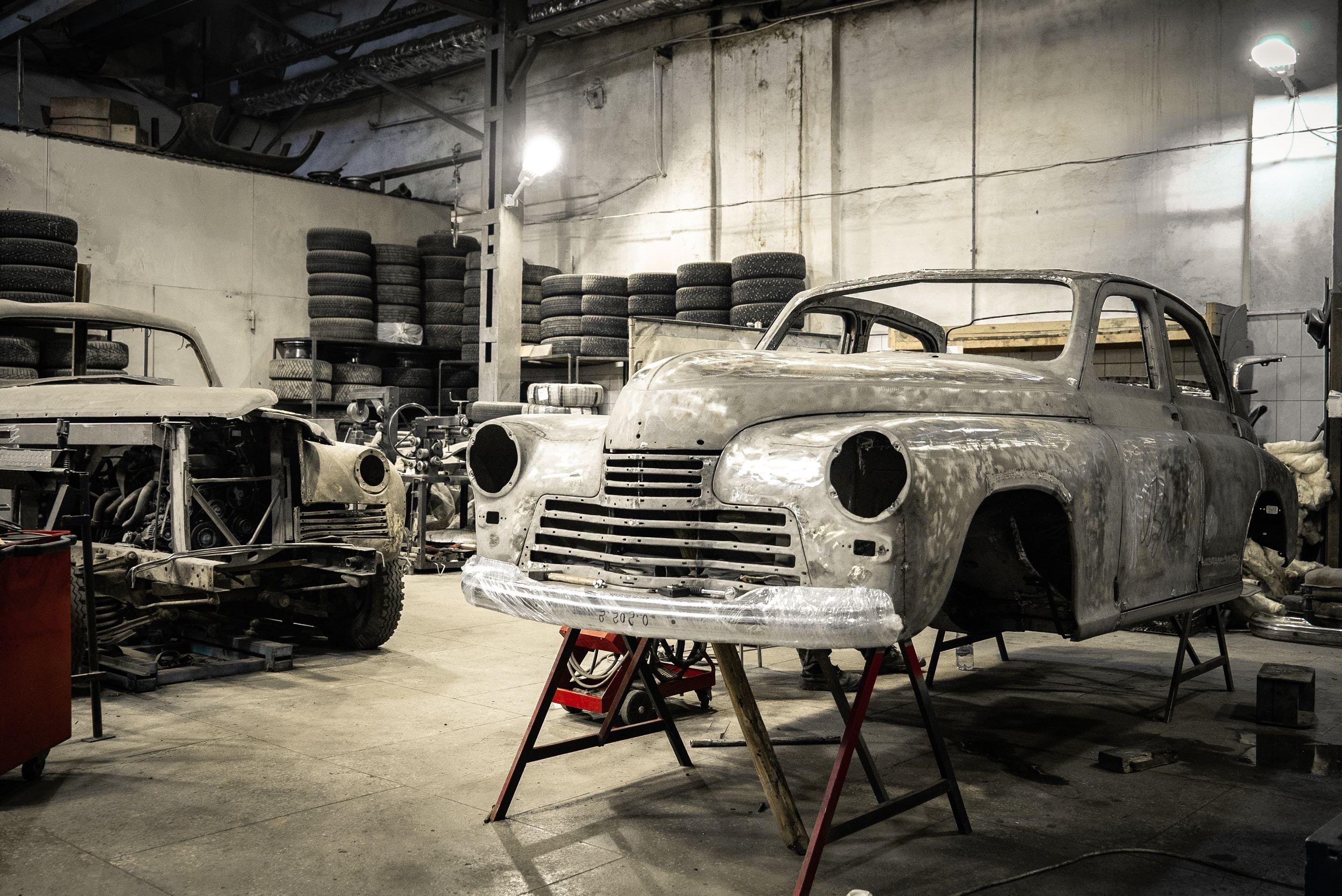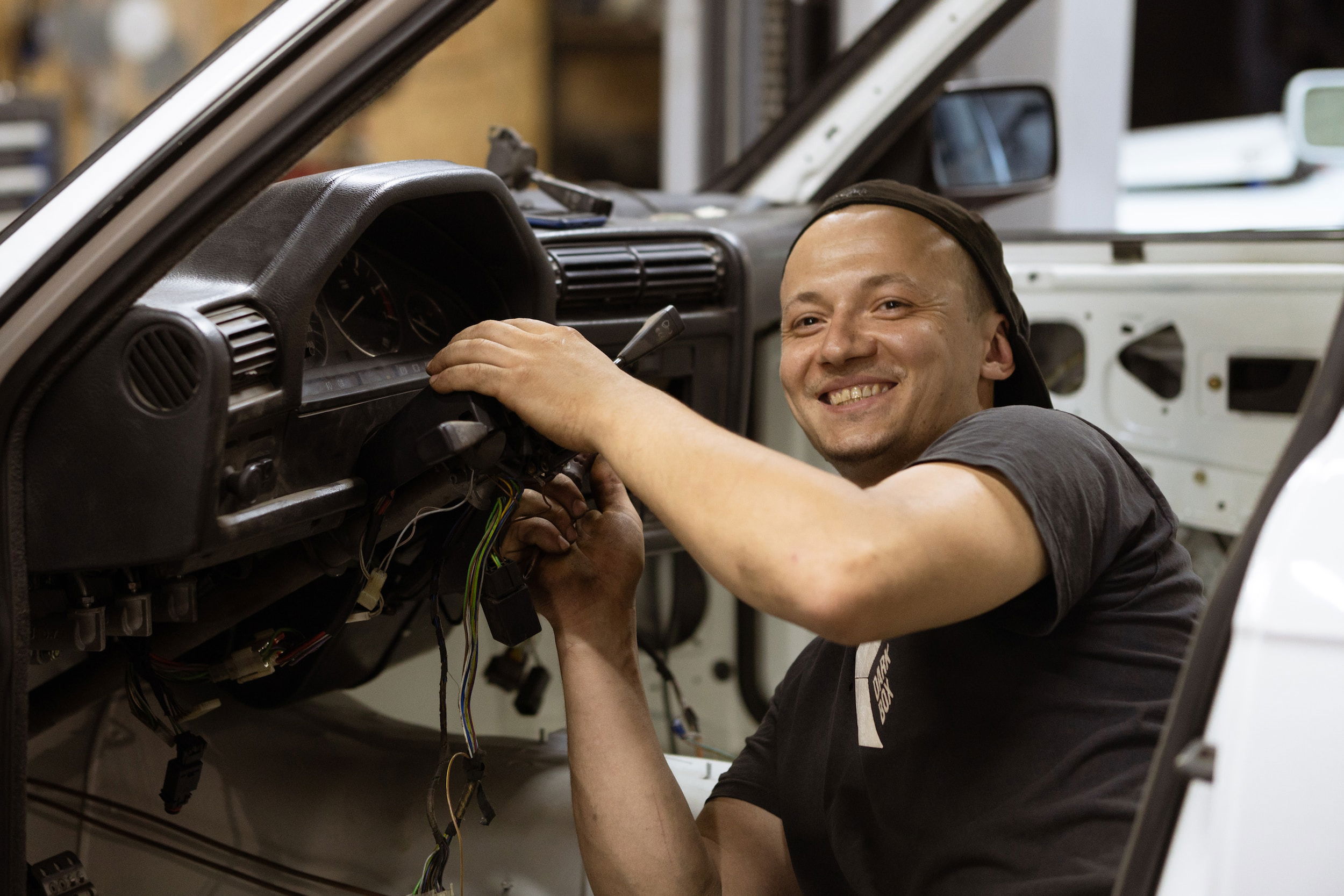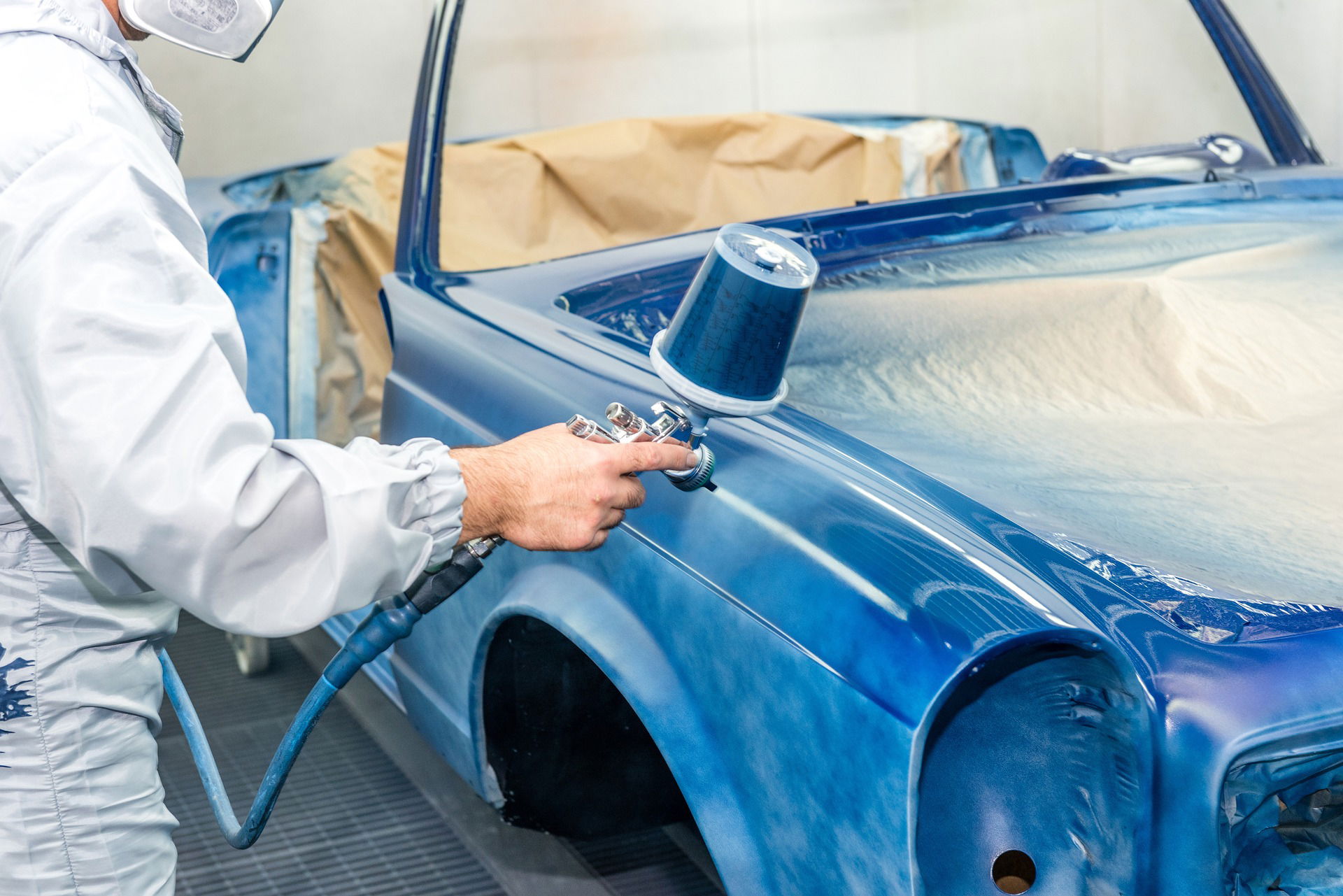The Myth of the Self-Made Hot Rodder
Car culture has always had its hierarchies, its unspoken rules about what makes a "real" enthusiast. But few phrases carry as much loaded judgment as the ubiquitous "built, not bought." It’s a mantra repeated in forums, car shows, and comment sections—a way for self-proclaimed purists to separate the "true" gearheads from the posers who dare to enjoy cars without spending every weekend under a hood.
At its core, "built, not bought" is supposed to celebrate craftsmanship, the sweat equity of turning a pile of parts into something uniquely yours. And in theory, that’s admirable. But in practice? It’s become a weapon, a way to gatekeep, shame, and dismiss anyone who doesn’t meet an arbitrary standard of automotive dedication.
The truth is, this mentality isn’t just elitist; it’s actively harmful to car culture. It alienates newcomers, devalues legitimate forms of enthusiasm, and ignores the reality that not everyone has the time, space, or skill to build a car from the ground up. Worse, it props up a false narrative that the only "real" way to love cars is through total, all-consuming sacrifice.
This is a justified rant about why this mindset needs to die.
See also :
The Privilege Of Time And Money

The most glaring problem with "built, not bought" is how blindly it ignores privilege. Building a car—truly building one—requires three things most people don’t have:
1. Time. Not everyone can spend 20 hours a week in a garage. Some people have jobs, families, or other responsibilities that don’t allow for endless wrenching.
2. Space. Urban enthusiasts often don’t have a driveway, let alone a shop. Try rebuilding a transmission in an apartment parking lot and see how long it takes before the HOA calls the cops.
3. Disposable income. Even if you DIY everything, performance parts aren’t cheap. The idea that "buying" is somehow lazier than dropping $10K on a turbo setup is laughable.
The "built" crowd loves to act like they’re morally superior for turning their own wrenches, but they rarely acknowledge how much luck plays into it. Having a garage, a flexible schedule, and enough cash to fund a project are privileges, not virtues.
The Hypocrisy Of The Purists

Here’s the dirty secret: Nobody truly builds everything themselves.
- Did you forge your own pistons? Mill your own camshaft? Mix your own synthetic oil?
- Or did you, like most people, buy parts and bolt them together?
Even the most hardcore builders rely on an entire industry of manufacturers, machinists, and engineers to make their projects possible. The difference between a "built" car and a "bought" one is often just how many steps someone chose to outsource.
And let’s not pretend that writing a check for a turnkey restomod is somehow lazier than paying a shop to install your suspension. Both are valid ways to enjoy cars—one just comes with more smugness.
The False Hierarchy Of Enthusiasm

"Built, not bought" implies a strict ranking of car lovers:
1. God Tier: The guy who hand-welds his own chassis.
2. Acceptable: The weekend warrior who swaps his own engine.
3. Posers: Anyone who pays someone else to do the work.
But since when is enthusiasm measured in labor hours? Since when does loving cars require suffering?
See also:
A collector who preserves rare classics isn’t less passionate because they hire a mechanic. A track-day driver isn’t inferior because they bought a pre-built race car. A teenager saving up for their first project isn’t a "fake" enthusiast just because they haven’t rebuilt a transmission yet.
Passion isn’t a competition. There’s no "right" way to be into cars.
Here’s another hard truth: Most modern cars don’t need to be "built."
A stock 2024 Mustang GT will outrun 99% of the "built" muscle cars from 20 years ago. A new GR Corolla is more capable on track than most home-built rally cars. Technology has advanced to the point where OEMs are offering performance that used to require aftermarket upgrades.
So why shame someone for buying a car that’s already good? Why insist they "build" something worse just to prove a point?
This mentality doesn’t just hurt individuals; it fractures the entire car community.
Newcomers get intimidated out of the hobby before they even start. Casual fans get mocked for not being "hardcore" enough. And instead of uniting over shared passion, car culture splinters into insular cliques where no one is ever "real" enough.
Is that really what we want? A hobby where the only way in is through a gauntlet of gatekeeping?
A Better Way Forward

It’s time to retire "built, not bought" and replace it with something more inclusive:
- "Built OR bought—just enjoy cars."
- "No wrong way to be a car person."
- "Respect all builds, respect all budgets."
At the end of the day, we’re all here for the same reason: we love cars. Whether you assembled yours bolt by bolt or drove it off a showroom floor doesn’t change that.
So next time you hear someone flexing about how they "built" their car while scoffing at someone else’s purchase? Remind them that the only toxic thing in car culture is pretending your way is the only way.